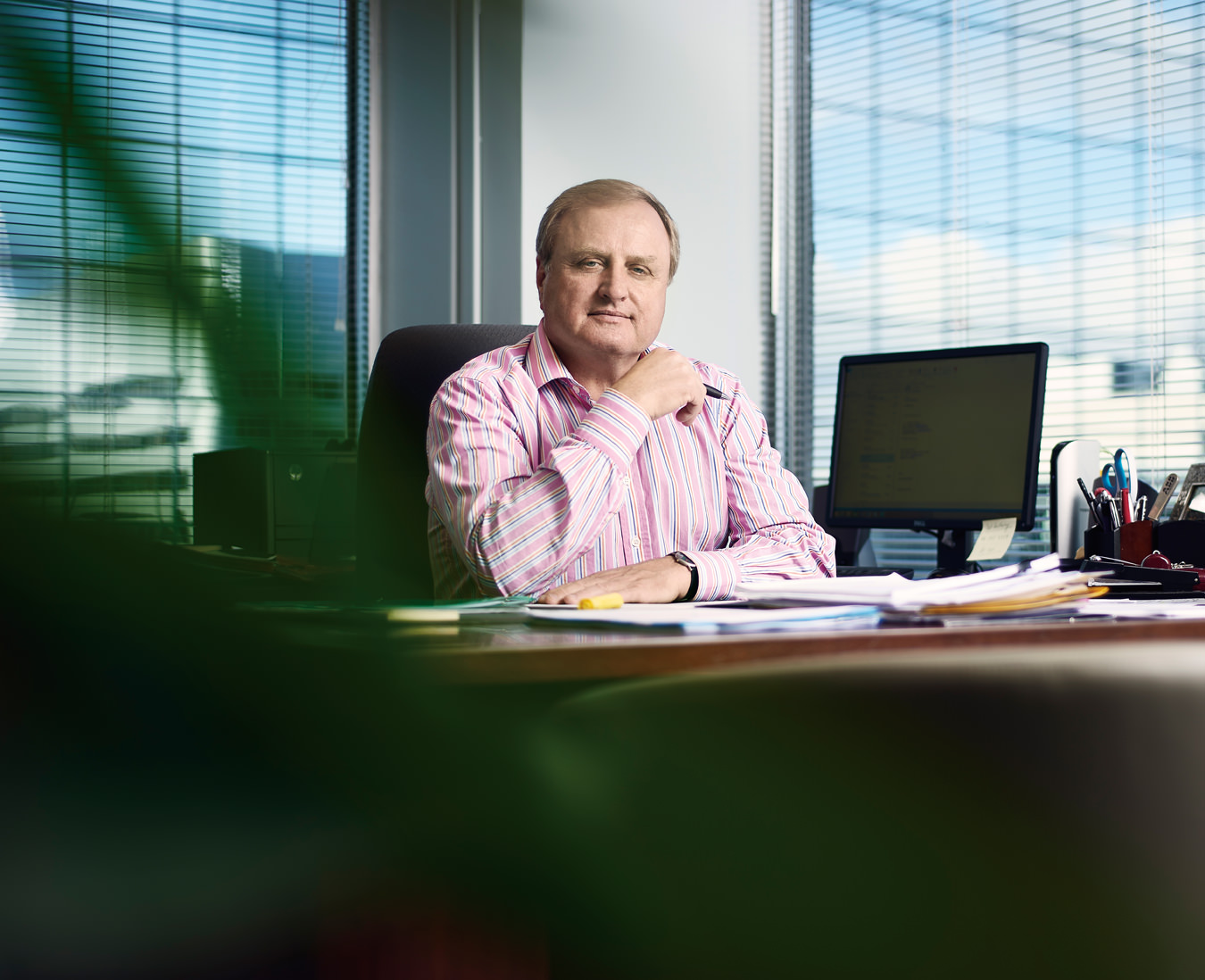To say Sergio Marchi is a highly accomplished, seasoned business executive is to engage in severe understatement. When he took over the reins of the Ottawa-based Canadian Electricity Association last February, as president and CEO, it marked a new direction in his distinguished career, one in which he could bring his energy and talents to bear in direct service of the public good, of Canada’s future. “The electricity sector is at what I call an inflection point in our history,” he says. “Decisions we make—or fail to make—today will have a dramatic impact on our future. And electricity is one of those things we have come to take for granted.” That way of thinking, or not thinking, is over, one way or another. Marchi points out the fact that the infrastructure for electricity service in Canada is approaching the end of its lifespan. Renewing the system, which includes wires, utility poles, power plants, hydro dams, and meters, comes with a price tag. “The electricity assets in Canada will reach the end of their life cycle within this generation,” he says. The revitalization, which has to take place over the next 20 years, will cost around $350 billion, or $15 billion per year.
There is considerable weight to Marchi’s views on this topic. He was elected as a councillor in Toronto in 1982, his first foray into elected public life and service. He was subsequently elected as a member of parliament, and served for 15 years, including stints as minister of the environment, citizenship and immigration, and international trade. After voluntarily leaving the political arena in 1999, Marchi was appointed Canadian ambassador to the World Trade Organization and the United Nations in Geneva. While in Geneva, he was appointed by the United Nations secretary-general as a commissioner on the international migration commission. He is also a member of the World Economic Forum Global Agenda Council on migration. He serves on several boards, including global commissions on migration issues, and with select mining companies, as well.
What, then, drew him to his new job? He has no hesitation in answering that question, saying it is an important national association of long history (celebrating its 125th anniversary next year, in fact). “We inherited a great system, including the delivery of electricity. We have always been a country of nation builders,” he says. The challenge of infrastructure renewal was appealing, as well. He says nation building never sleeps, and if it does, then Canada will, over time, go to sleep, too. “We need to continue nation building, at all levels of government,” he says. “I do not want to bequeath a failing, bad system to our children and our grandchildren.” A brief pause, then: “This job is also about education, and it is a fantastic challenge.” For developed countries, many things are taken for granted. Flick a switch, the lights come on. However, nothing in life is permanent, immutable. “The challenge now is to build it to the level where it can produce efficient, clean energy for another entire life cycle,” Marchi explains. “New technologies are expensive, but in the long term will prove highly economical, I believe. We must be thinking medium and long term.”
It is an interesting point, related in many ways to the ongoing discussions about climate change, but with a more tangible urgency to get things done. No one wants to pay more for electricity, either as a private citizen or a business. Canadians pay generally something close to $3.60 per day, relatively quite a low number by international standards. “When we join rate hearings, done at a provincial government level, price is important, but it is not the only variable,” he says. It’s also the value component we attach to the commodity. “Just kicking the can further up the road will lead to actual disruptions, increased brownouts and blackouts—and this is, to my mind, not the way to go,” Marchi explains. “I see this as a time to build, make the system enduring and sustainable.”
Marchi is passionate, clearly, and these big statements about nation building are carefully considered. Plenty is at stake. The level of assumption that power is always going to be here for us is too high. The costs of doing are one thing; the costs of not doing are another. He pauses one last time, before heading off to yet another meeting: “We can’t blink now.”
Get the best stories delivered straight to your inbox.









